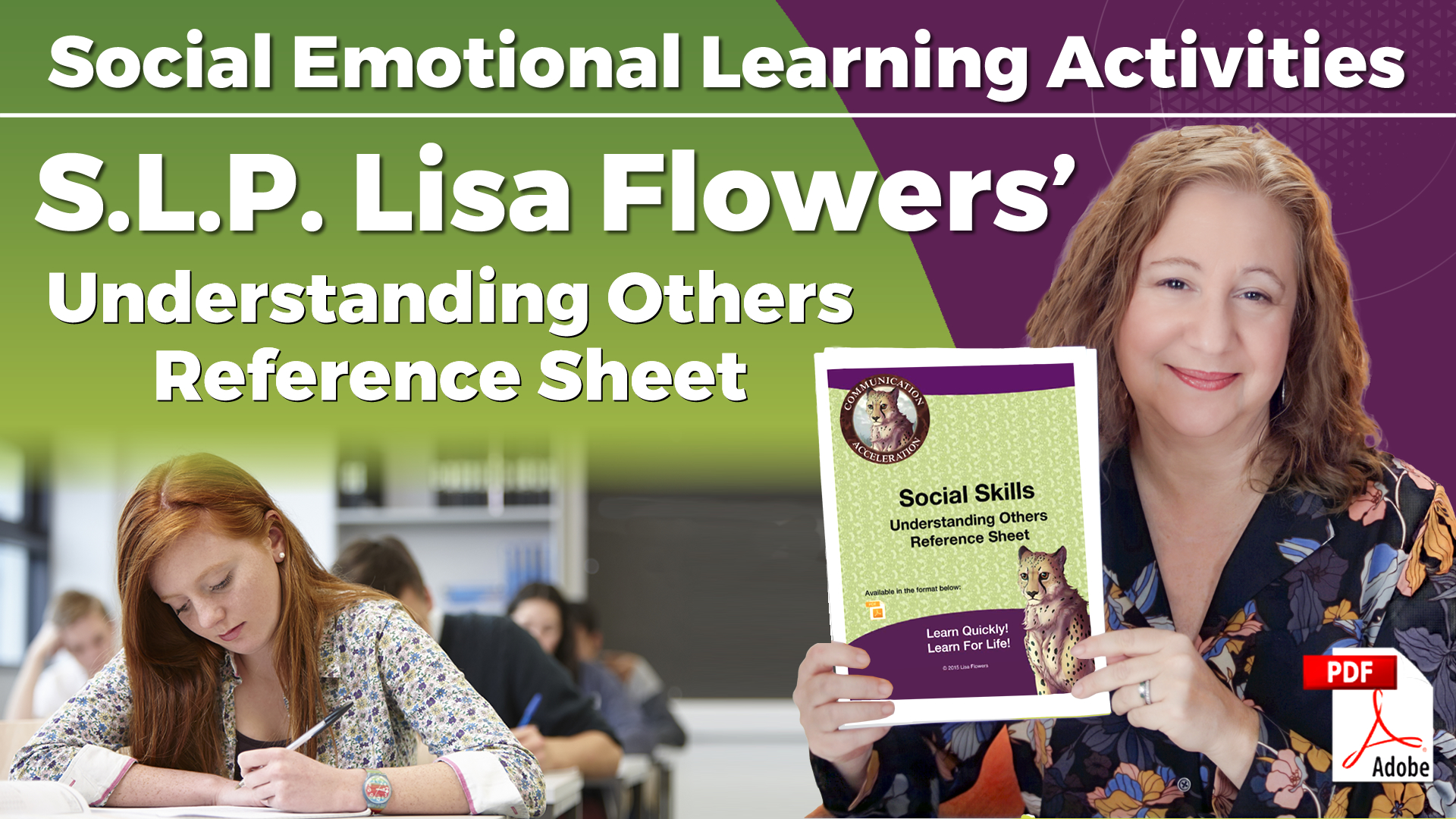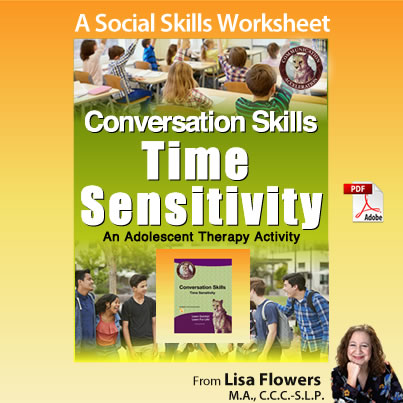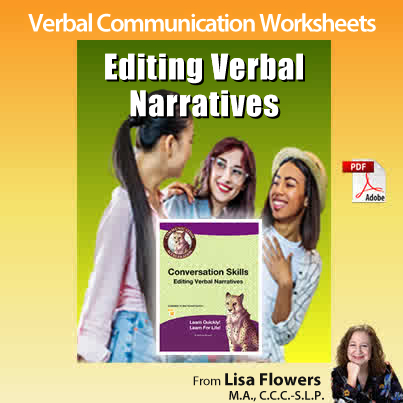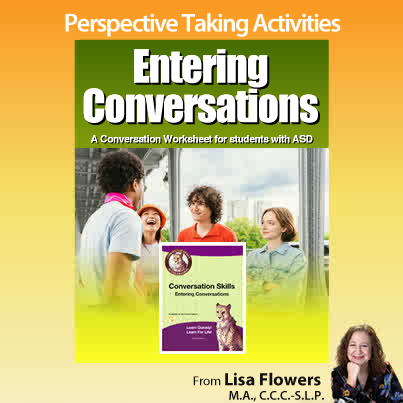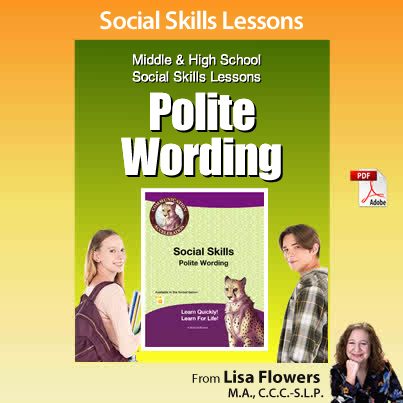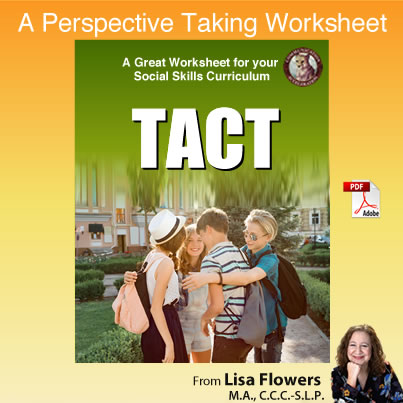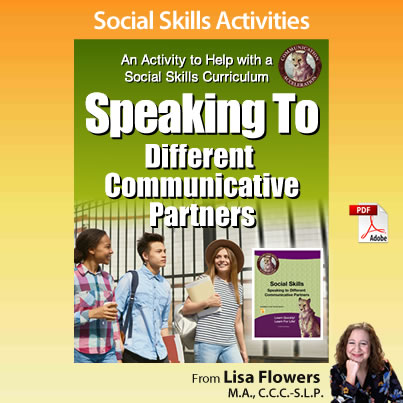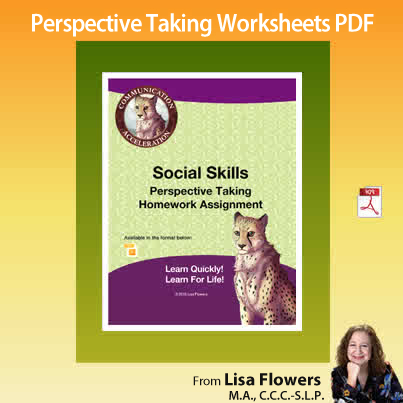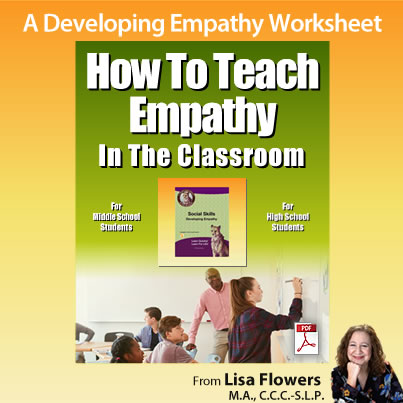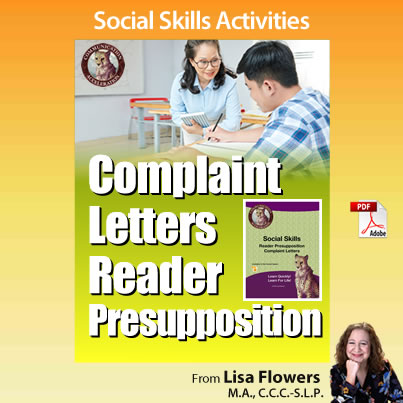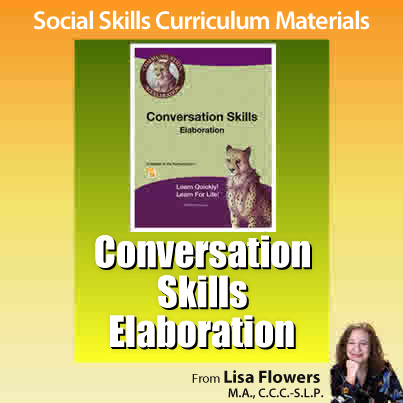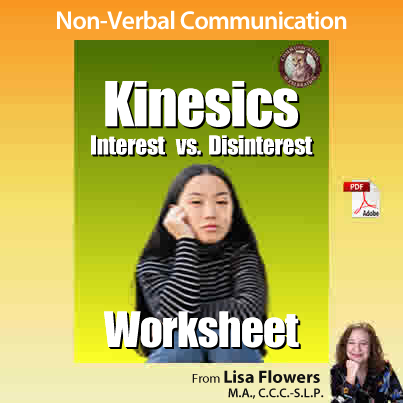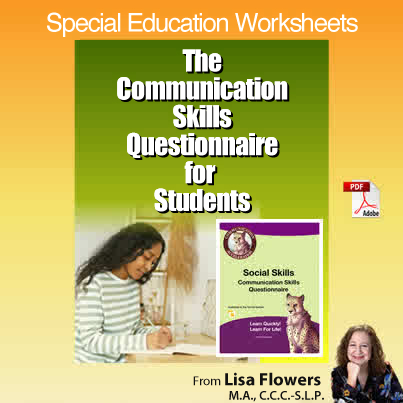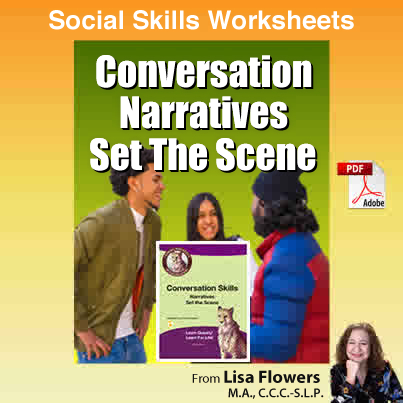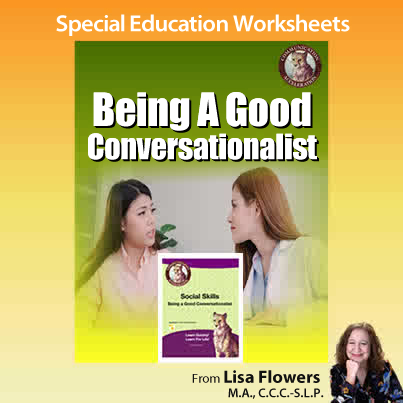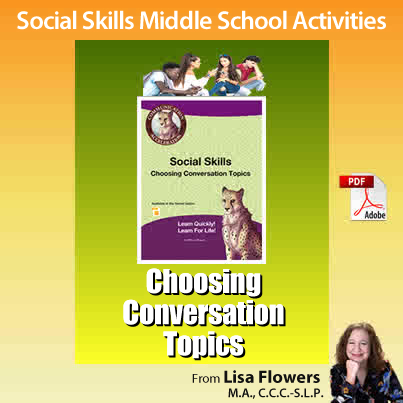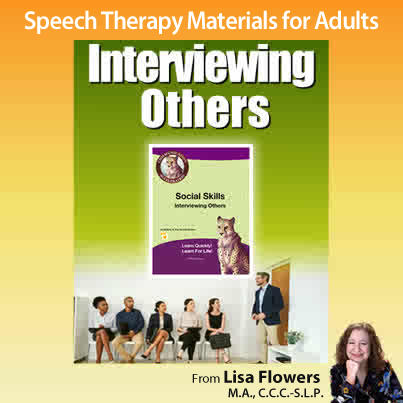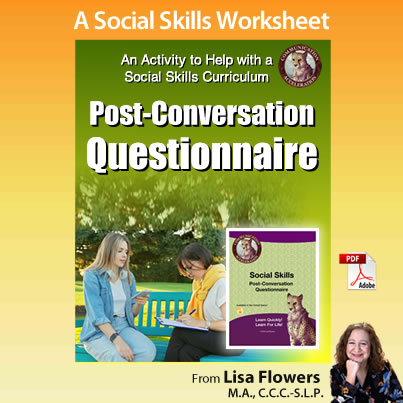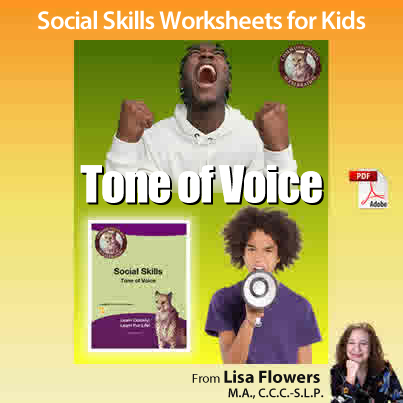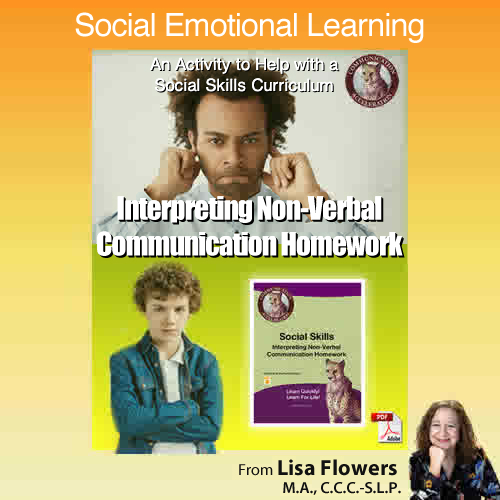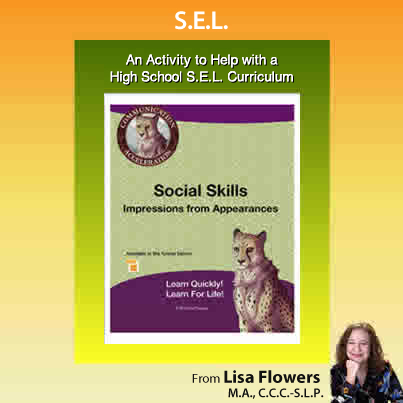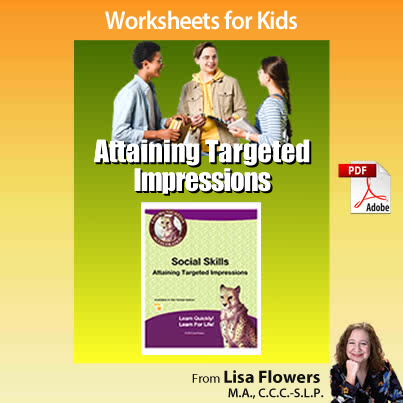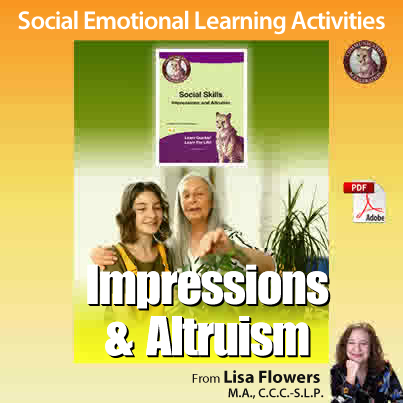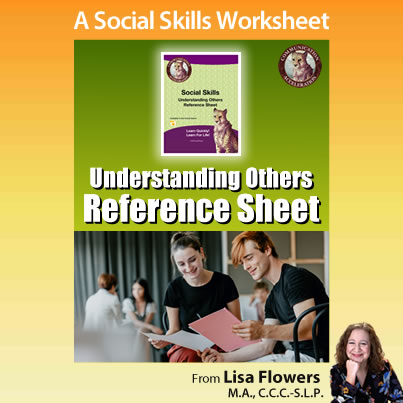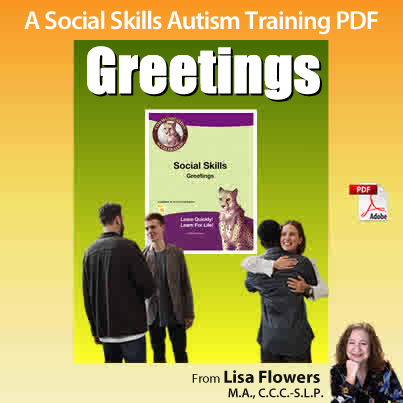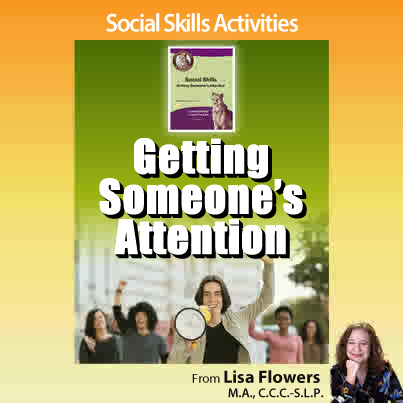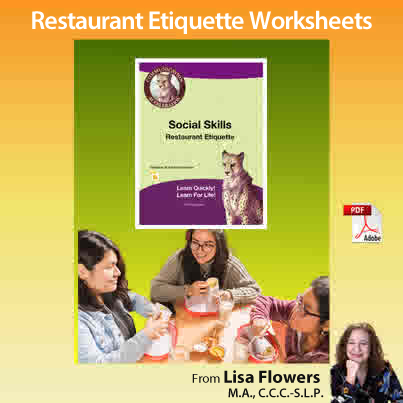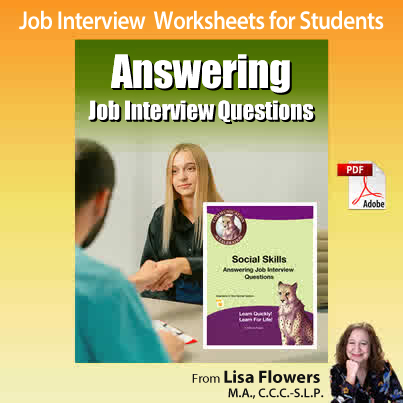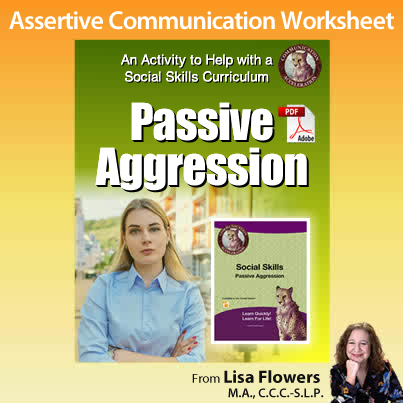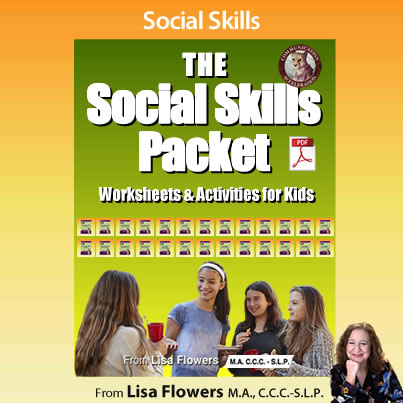Social Skills - Social Skills - Understanding Others Reference Sheet
Social Skills / Understanding Others Reference Sheet
Social Skills - Understanding Others Reference Sheet
Watch the video to learn more
Click here for video transcription and ADA compliant audio for the video above
Understanding Others Reference Sheet
This reference sheet that helps students understand the common thoughts and feelings of others is an extremely effective support when engaged in perspective taking tasks!
Social Skills - Understanding Others Reference Sheet
See the audio transcription below:
Welcome to my Understanding Others Reference Sheet. Check out this excerpt from the training video I did for the New York City Department of Education. So, I want to tell you what made me create the next activity called Understanding Others. One day about a year ago I was driving home from work and I was thinking about how, you know, I'm constantly asking my students questions about hypotheticals or sometimes real-life situations to work on perspective taking: well how do you think the person felt in this situation? Or let's say even in literature, why did the character say that? Why would they have done that? What was their motivation? How did they feel? And I was driving home thinking about how much my students struggle to answer those questions, and I thought I should really help them out and give them a reference sheet for hypotheticals or discussing real life interactions of how people generally feel. So it has the top negative feelings in social interactions, like feeling rejected or excluded, having someone angry at you, someone thinking you're dumb, somebody disliking you. And the top positive feelings in interactions: feeling, for example, admired, feeling respected, feeling liked. And actions that you can do to make things better in social interactions. And the students then can use this reference sheet when we go over hypotheticals or talk about what happened in real life situations. And this activity also comes along with three different hypotheticals you can use. Thanks for reviewing my Understanding Others Reference Sheet. if you like what you've seen here, please click and subscribe to my channel. I’m not exactly sure what that means, but my web guy told me it's a thing!
Get Great Social Skills Worksheets to add to your Social Emotional Learning Curriculum!
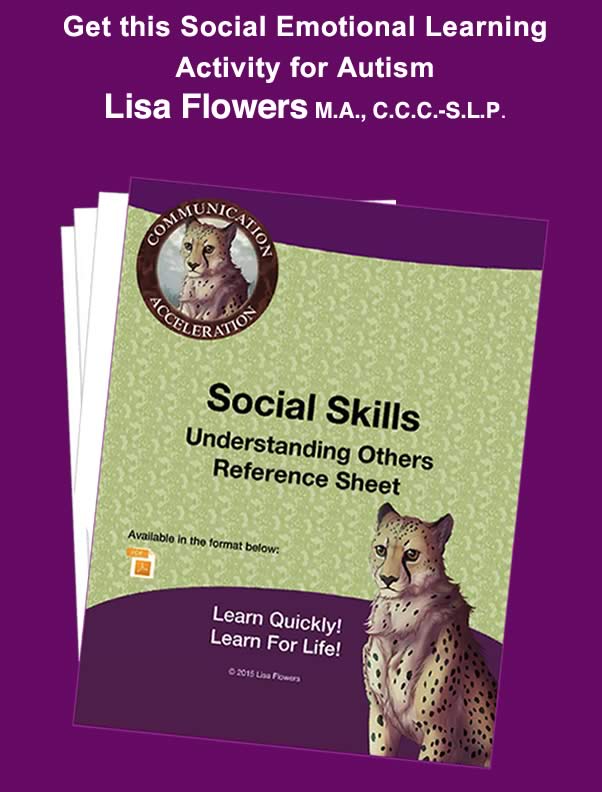
Social Skills - Understanding Others Reference Sheet
Other academic subjects (such as Earth Science or Geometry) provide students with reference sheets; this reference sheet helps bridge the gap with social skills: it outlines common negative and positive aspects of social interaction and includes three perspective-taking exercises, though it can be employed for a wide array of perspective-taking tasks.
Neurotypical individuals often instinctively know certain information in an interaction that neurodivergent individuals (such as those on the autism spectrum) typically do not. As a result, it would be helpful to provide some of this knowledge and information prior to students attempting to identify and/or predict the perceptions of others. This reference sheet outlines common feelings and perceptions involved in social interaction, thoroughly aiding in fostering growth of perspective-taking skills. It includes three specific social scenarios with which the reference sheet pairs well, but the sheet is a helpful resource whenever students are tasked with perspective-taking.
More Worksheets and Activities from the 52 Lessons Package
These social skills worksheets and activities for individuals with Autism and Social Pragmatic Communication Disorders target a variety of social skills, including the development of empathy, perspective taking, kinesics, listener/reader presupposition, and conversational skills.
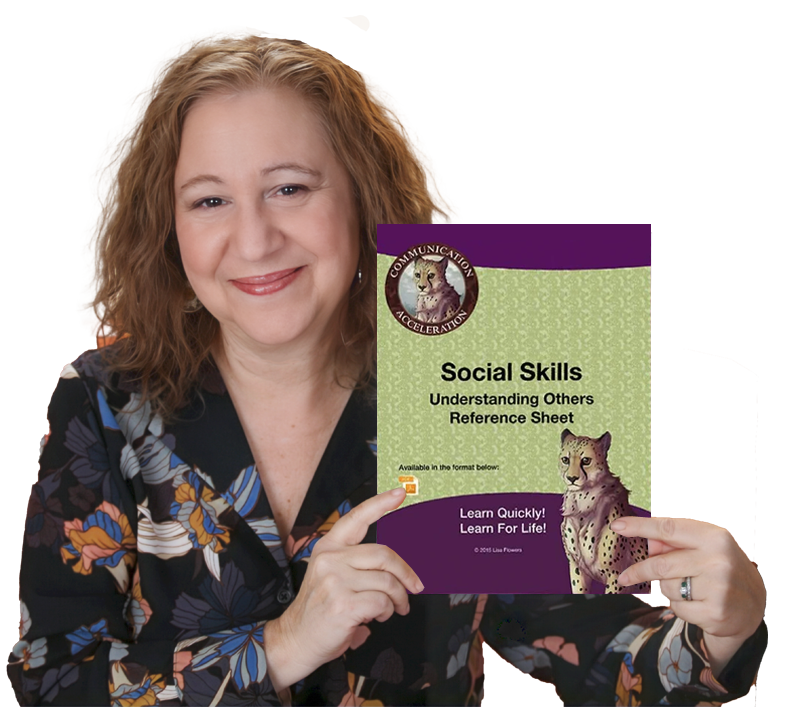

Search Another Way
Get Social Skills
Packet
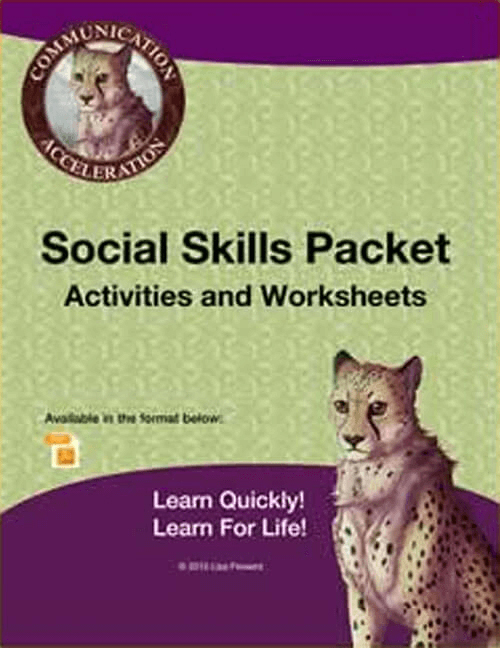
A collection of 28 social skills worksheets and activities that cover conversation skills, kinesics, perspective taking, development of empathy, and real-world communication.
Get 52 Lessons & Activities
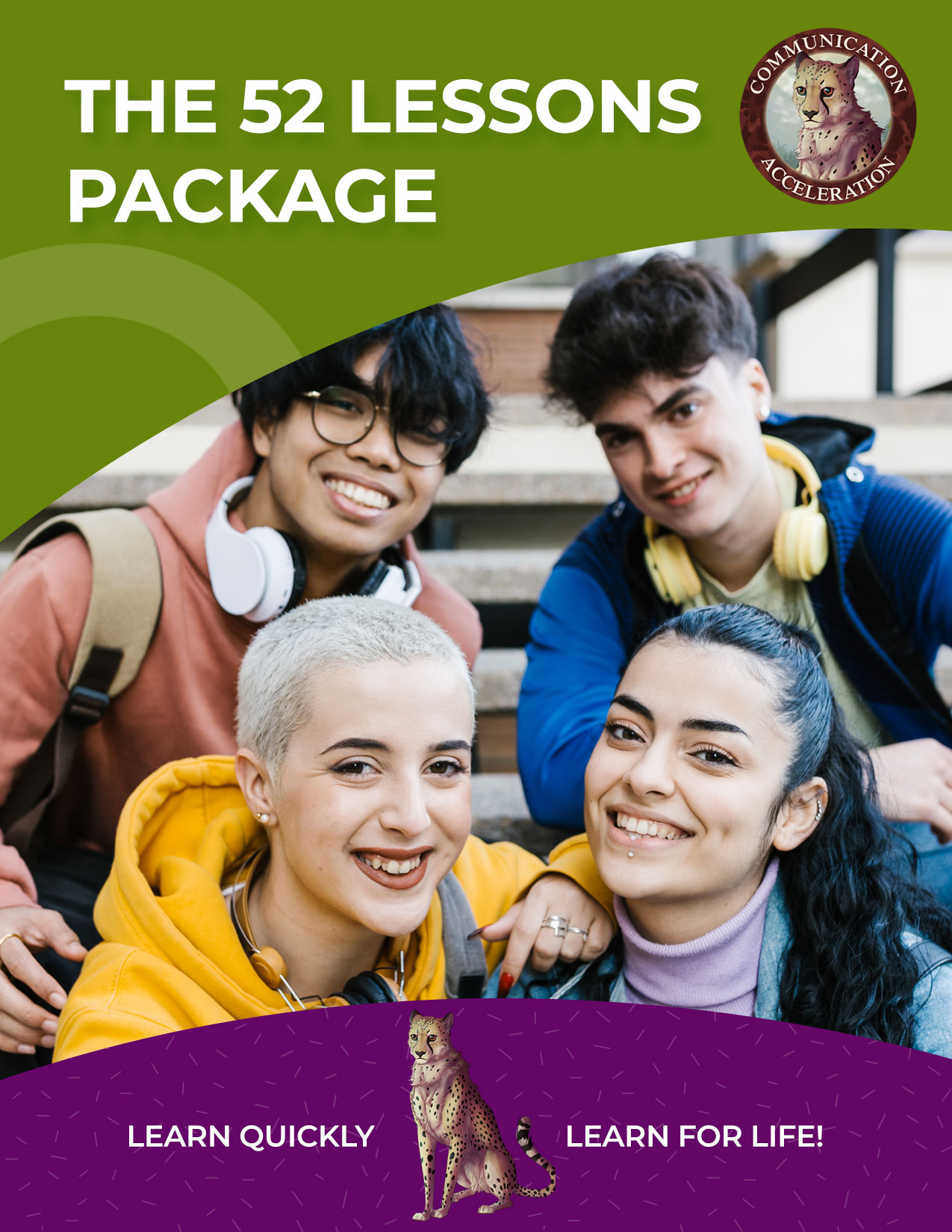
A collection of 52 language and communication worksheets and activities that cover a plethora of reading comprehension, writing, grammar, and social communication skills.
